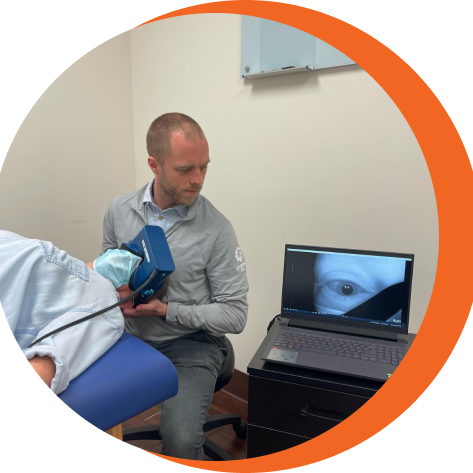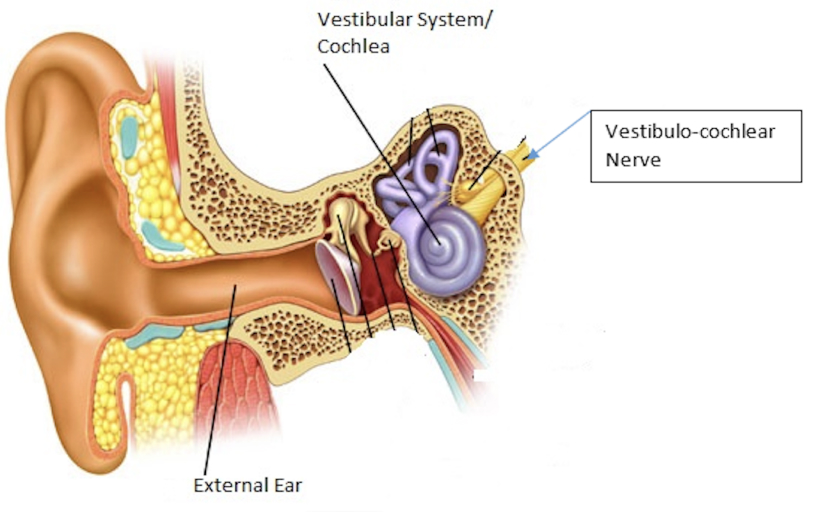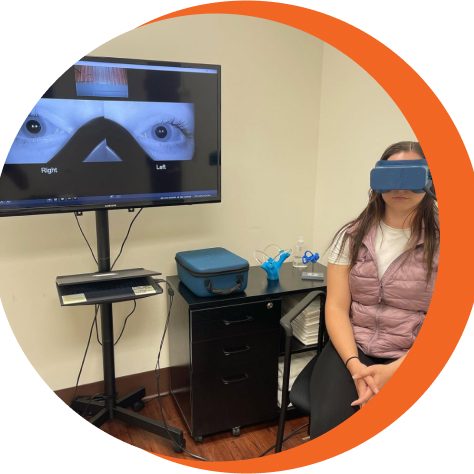People with vestibular disorders often experience problems with vertigo (sense of false motion or spinning), dizziness, visual disturbance, and/or imbalance. Additionally, nausea, vomiting, reduced ability to focus or concentrate, and fatigue may occur secondary to a vestibular disorder. Symptoms caused by a vestibular disorder can interfere with quality of life and contribute to feelings of anxiety and depression. The purpose of Vestibular Rehabilitation is to reduce symptoms and improve quality of life.


Vestibular Facts
- The prevalence of vestibular dysfunction in the US for adults over 40 is 35.4% (Agrawal et al 2009).
- 10% of the Geriatric population was found to have unrecognized BPPV (Oghalai et al 2000).
- People with BPPV often do not describe “spinning”, but instead dizziness, imbalance or feeling off.
- Why choose PT for treatment of BPPV? 16% of BPPV treatment maneuvers lead to canal conversion (Foster et al 2012) which can make symptoms worse rather than better. This demonstrates the need for skilled assessment and skilled, guided treatment of BPPV to minimize complications.
- Older adults with unrecognized BPPV are more likely to have reduced activity of daily living scores, depression and falls (Oghali et al 2000).
- 55% of patients with BPPV reported a fall (vestibular registry, Grove, 2022).
- Treatment of BPPV reduces falls in older adults (Jumani, 2017).
Physical Therapy Treatments for Vertigo, Inner Ear Conditions, Dizziness & Balance.
Feeling dizzy can make it difficult to participate in daily activities.
Fortunately, physical therapy may reduce many of the uncomfortable sensations associated with vertigo,
dizziness, and balance disorders. Our certified doctors of physical therapy are ready to help you regain mobility and feel your best.
Fill out the form below and get in contact with us today!


